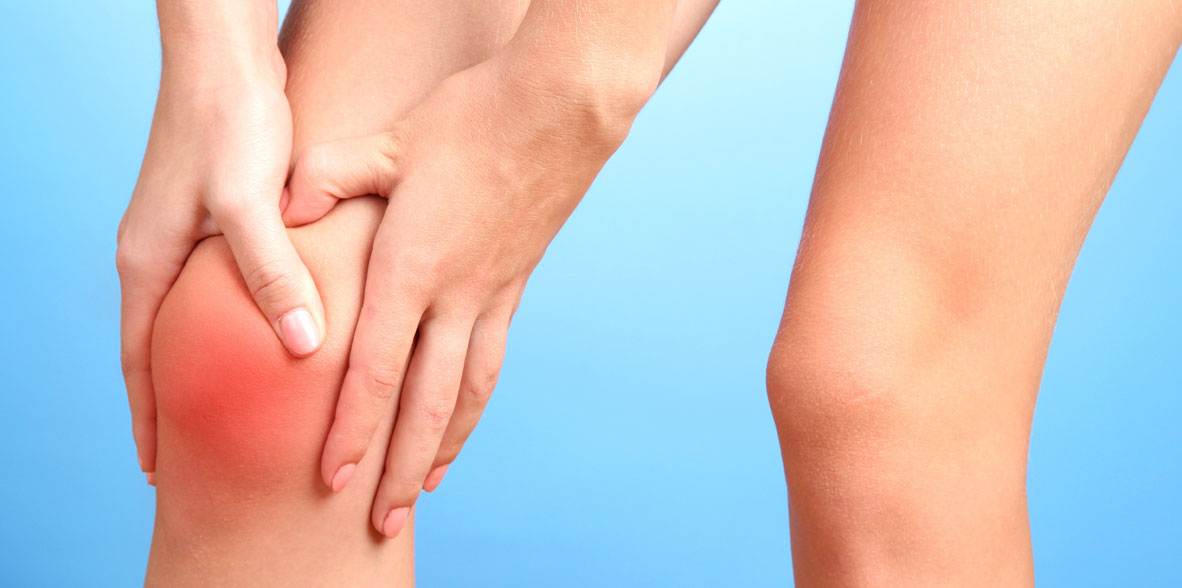

 Centro Médico Teknon
Centro Médico Teknon- Centro Médico TeknonHospital Universitari General de Catalunya
 Centro Médico TeknonHospital Universitari Sagrat Cor
Centro Médico TeknonHospital Universitari Sagrat Cor
Polymyositis is a rare autoimmune inflammatory myopathy characterized by chronic inflammation of skeletal muscles, leading to muscle weakness and fatigue. It is considered one of the idiopathic inflammatory myopathies, a group of disorders that involve the immune system attacking the body's own muscles.
Clinical Features:
- Muscle Weakness: Progressive and symmetric weakness, typically affecting the proximal muscles (shoulders, hips, thighs).
- Difficulty Swallowing (Dysphagia): In some cases, there may be involvement of the muscles responsible for swallowing.
- Fatigue: Generalized fatigue and malaise are common.
- Elevated Muscle Enzymes: Blood tests often show elevated levels of muscle enzymes, such as creatine kinase (CK), indicating muscle damage.
Diagnostic Process:
The diagnosis of polymyositis involves a comprehensive approach, combining clinical evaluation, laboratory tests, electromyography (EMG), muscle biopsy, and sometimes imaging studies.
Clinical Assessment:
A thorough examination to assess muscle strength, joint function, and the presence of associated symptoms.
Identification of characteristic patterns of muscle involvement through physical examination.
Laboratory Tests:
Creatine Kinase (CK): Elevated levels of CK in the blood, indicating muscle inflammation.
Myositis-Specific and Myositis-Associated Antibodies: Blood tests may reveal specific antibodies associated with inflammatory myopathies.
Electromyography (EMG):
EMG measures the electrical activity in muscles and can help identify abnormal patterns consistent with myopathy.
Muscle Biopsy:
A muscle biopsy is often considered a definitive diagnostic tool. It involves removing a small sample of muscle tissue for microscopic examination, revealing characteristic signs of inflammation.
Imaging Studies:
Magnetic Resonance Imaging (MRI) may be used to visualize muscle inflammation.
Treatment:
The treatment of polymyositis is aimed at suppressing the inflammatory response and managing symptoms. Treatment strategies may include:
Corticosteroids (Prednisone): High-dose corticosteroids, such as prednisone, are often initiated to reduce inflammation. The dosage is gradually tapered based on the patient's response.
Immunosuppressive Medications: Additional immunosuppressive drugs, such as methotrexate, azathioprine, mycophenolate mofetil, or calcineurin inhibitors, may be used to reduce reliance on corticosteroids.
Biologics: Biologic agents, particularly rituximab, may be considered in cases refractory to conventional treatments.
Physical Therapy: Physical therapy plays a crucial role in maintaining muscle strength, flexibility, and function.
Regular monitoring of muscle enzymes, symptoms, and potential side effects of medications is essential.
The treatment approach is individualized based on the severity of symptoms, response to medications, and the patient's overall health. Continuous medical supervision and management are typically required for individuals with polymyositis. Early diagnosis and intervention contribute to better outcomes and improved quality of life.



































